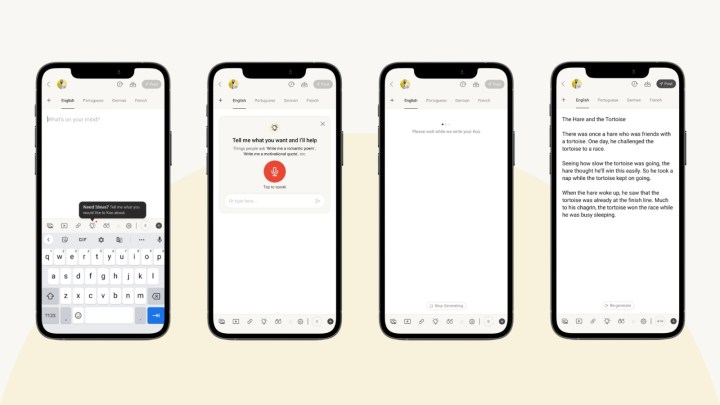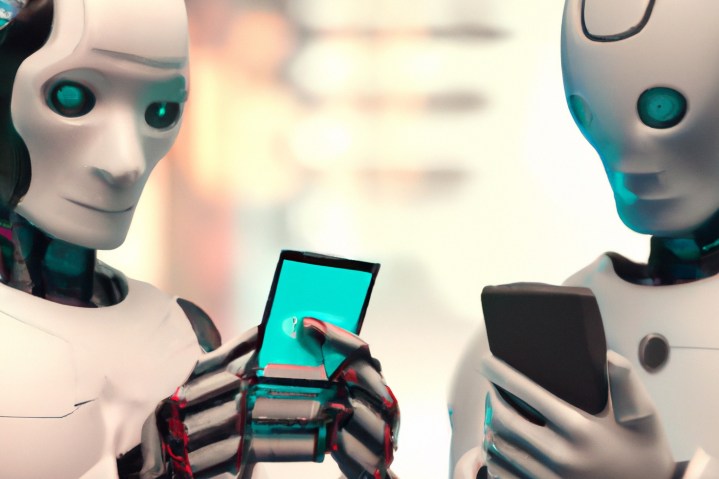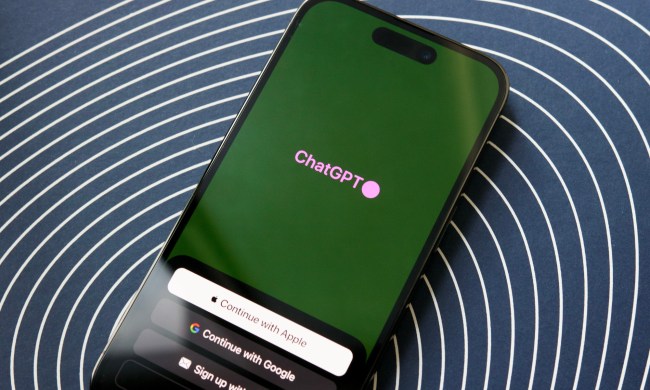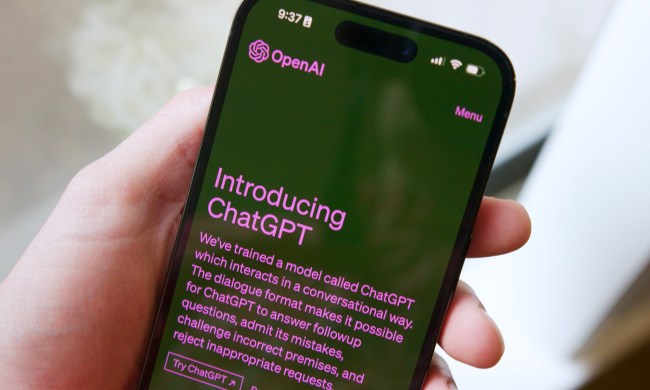Koo, a social media app developed in India that pushes itself as a Twitter replacement, is deploying ChatGPT smarts to prop its appeal. The company says Koo is the “first microblogging platform in the world” to integrate ChatGPT to boost the creative flow. Koo follows in the footsteps of Snapchat in deploying ChatGPT for some cutting-edge AI bragging rights.
At the moment, the ChatGPT integration is only available to creators with a sizeable following or those with a verified badge. However, it will soon be available for everyone without any follower count restriction. So far, the company hasn’t said anything about charging users for the feature, or whether it might be moved to a premium tier in the near future, considering the fact that OpenAI’s viral tool is embracing the API route for commercial usage.

Aside from text prompts, Koo users can also use the voice dictation feature to interact with the AI. The draft section of Koo app will let users accomplish tasks like “finding the top news of the day or asking for a quote from a well-known personality or even asking for the post or a blog to be written.” The latter is worrisome, which I’ve briefly discussed below. There’s also some precedent for that out there with apps like Paragraph AI doing everything from generating content in various styles to taking over even your messaging app conversations.
Koo is pushing itself as a Twitter alternative and says it has accumulated over 50 million downloads … but hasn’t disclosed the number of users. However, it looks like the Koo is trying to boost its appeal by recruiting the hottest new tool on the internet, one that will also be immensely convenient to churn out human-like thoughtful content in bulk — which is again the easy route to grabbing more eyeballs.
The diminishing human touch

Social media is inherently a place for communication, but over the years, it has blossomed into a content juggernaut that is driving billions in revenue. And it’s not solely multimedia content like videos that are pulling in serious money, but it’s also text-based content (such as threads as well as newsletters) that is attracting some sizeable revenue.
With generative AI tools like ChatGPT coming into the picture, it is only a matter of time before text content generated using ChatGPT will flood social media platforms. The likes of Twitter, Instagram, and Facebook are already brimming with AI-generated artwork and videos. Worryingly, with tools like ChatGPT, even the barrier of copy-paste will vanish.
Social media platforms — despite all their perils like hate speech, harassment, and outright misinformation — are still a place where one can marvel at the results of human creativity. Be it jokes, puns, or just some good old-fashioned commentary, we at least get a few chuckles at the result of real human ingenuity.
With creators churning out content using ChatGPT — as Koo is advertising — it seems we are entering a new age of social media where it would be nigh impossible to discern if the joke you are laughing at is a human creation or AI-generated. For the latter scenario, it seems like a deception to me, especially if such content is shared without explicit disclosure.



